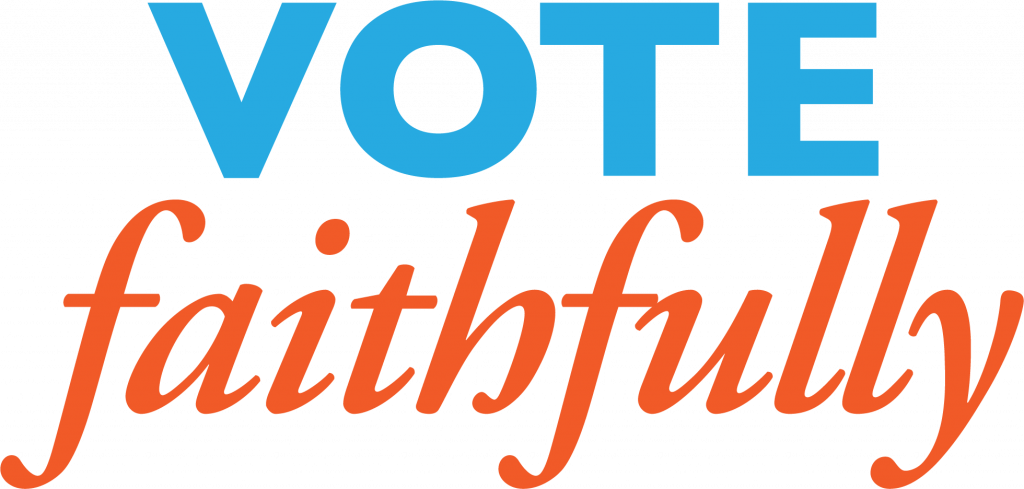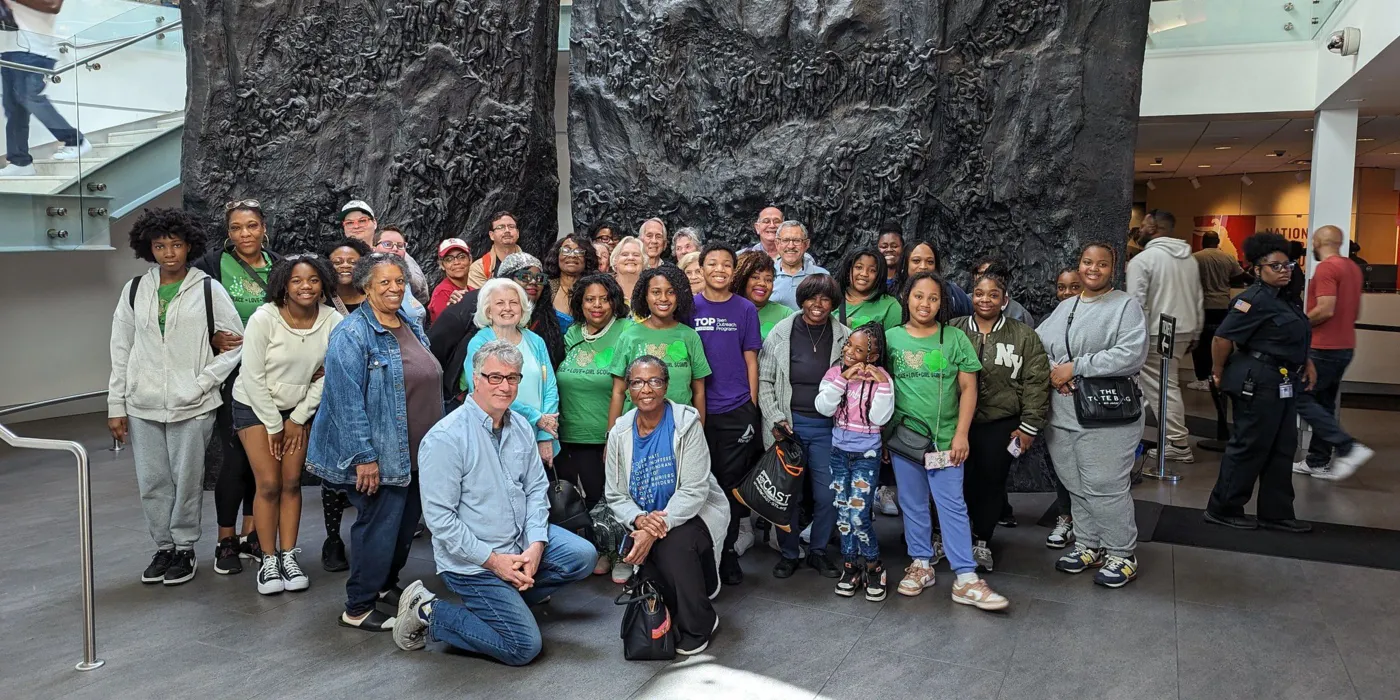
Most Americans agree that we need publicly governed public schools in order to:
-
Pursue equity for all, regardless of wealth, race, geography or learning differences.
-
Provide the skills and resources necessary for students to evaluate history and be full and participatory members of the community.
-
Build community through shared investment in the future.
-
and Invest in the purposeful development of teachers as skilled professionals.
But believing in public education is not enough. We know that we as a country have never met these goals.
For centuries, all but the wealthiest white children did not have access to education. Separation by race and class has been reinforced in housing and tax policies that have created mass discrepancies in resources. This has resulted in vastly unequal outcomes for children. With the introduction of Child labor laws in the early 20th century, more white children had access to education. In the mid-20th century, court decisions including Brown v. Board in 1954 and the busing movement sought to build a more equitable public education system for Black and Latinx children. But just as these strategies for equity gained momentum, opponents of this vision saw a new opportunity to maintain power and control. Seventy years after Brown v. Board, the US again has two versions of public education. One, accessible to all and governed by the community, but critically underfunded. Another, accessible to some and controlled by hand selected cronies, accountable to corporate or non-profit sponsors.
The school choice movement reflects a broader power analysis. The very richest white people will use strategies to create tension between most white people (who are not billionaires) and Black people and other people of color to maintain power and control. Billionaires do not want to pay taxes or participate in public goods. They do not care about the democratizing effects of public education because they can pay for their own children’s education. And today, the very richest white people are using charter schools, vouchers, Education Savings Accounts and other methods of privatized education to get control of the public money in our state budget that should be paying for publicly governed public schools.
As we head into election season, I encourage all Episcopalians to support candidates who believe in publicly governed and funded public schools. The Missouri Chapter of the National Education Association has a nonpartisan voter’s guide on their website (mea.org) if you need information about candidates in your district. If you want to spread the word about this issue, there are materials available at https://diocesemo.org/
Jeanette Schoenberg, Rector’s Search Committee, St. Mark’s Episcopal Church, St. Louis, and Director, Affton School District Board of Education
